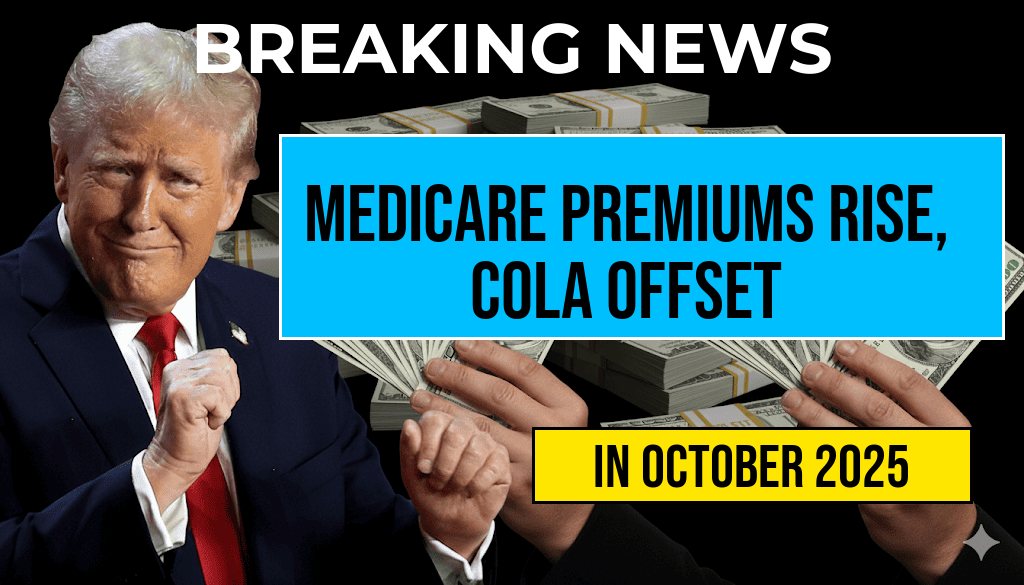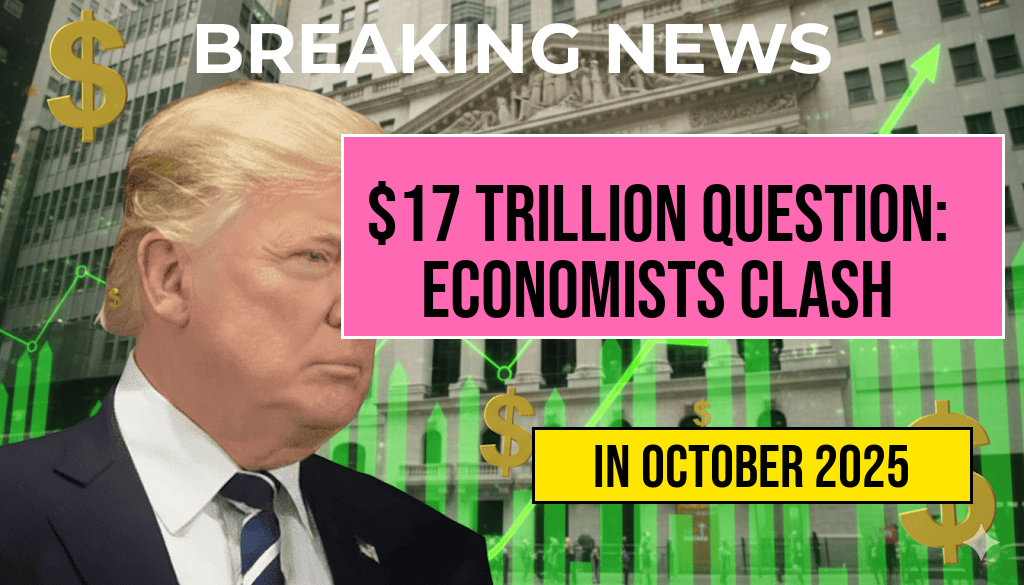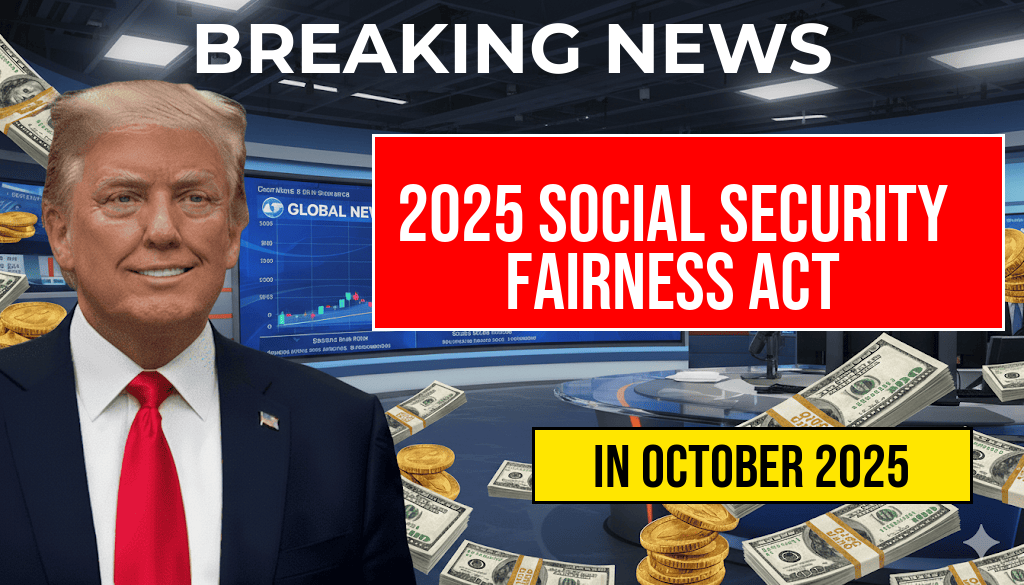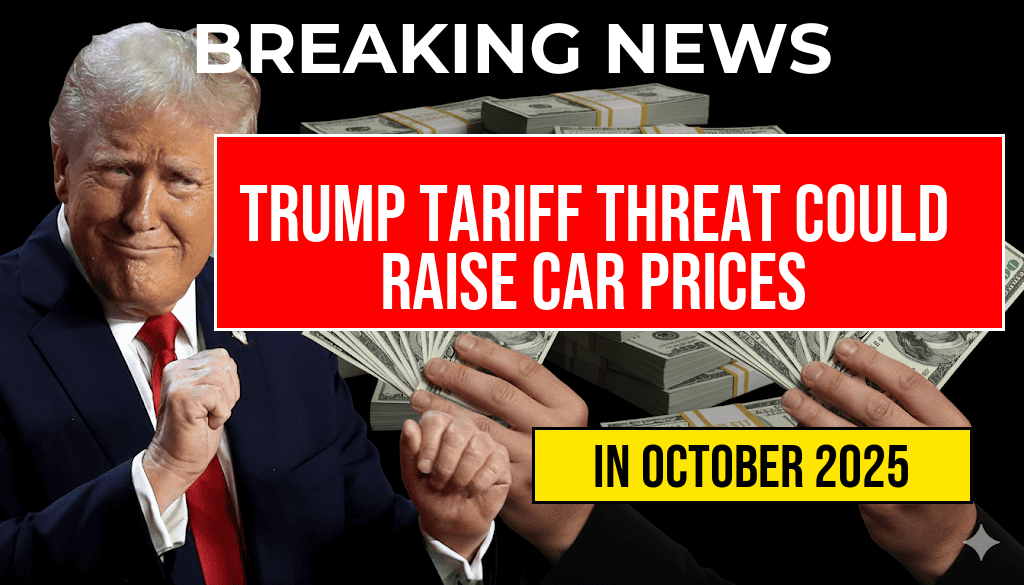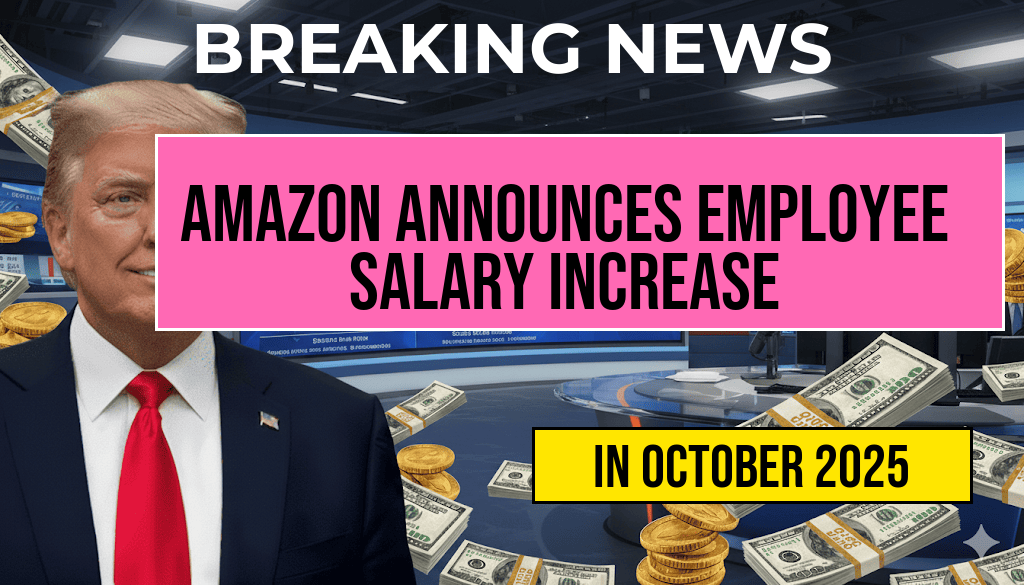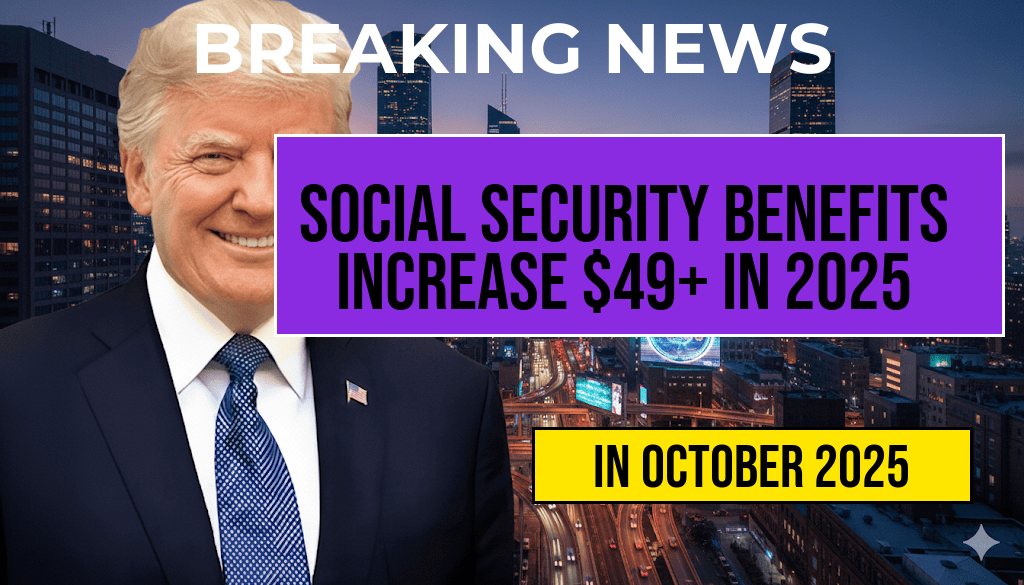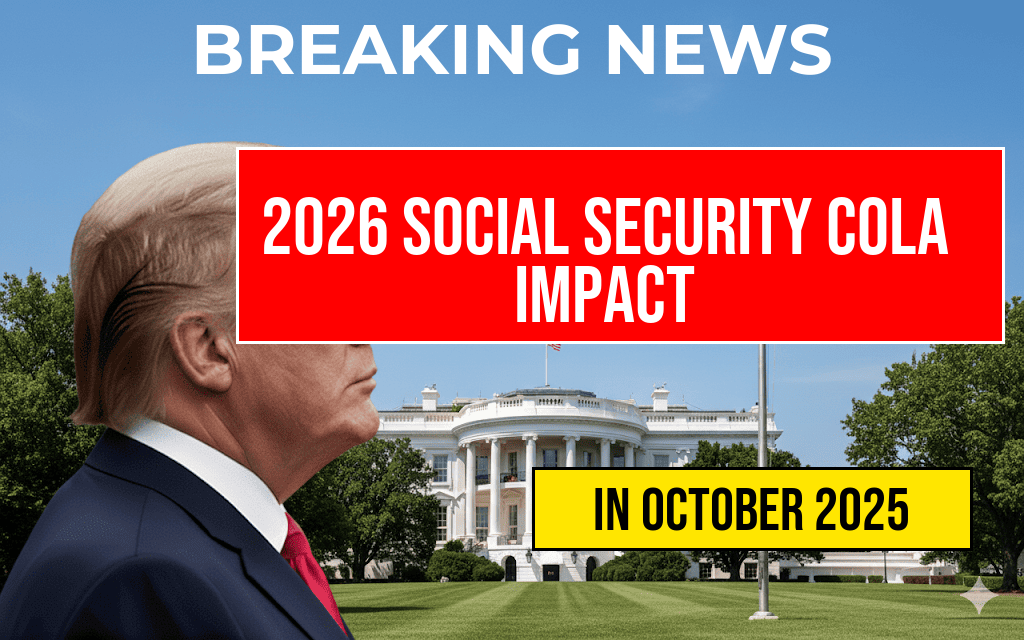The prospect of increased vehicle prices looms over the U.S. auto market following recent threats from former President Donald Trump to impose new tariffs on imported vehicles and parts. If enacted, these tariffs could add as much as $5,286 to the average price of a new car, according to industry analysts. The potential escalation in costs comes amid ongoing trade tensions and political rhetoric, raising concerns among manufacturers, dealerships, and consumers alike. As the debate unfolds, automakers are assessing how these tariffs might affect supply chains, pricing strategies, and overall market stability.
Trump’s Tariff Threat and Its Potential Impact on Vehicle Pricing
Background of the Proposed Tariffs
During recent rally speeches and policy statements, Donald Trump indicated a willingness to reintroduce tariffs targeting imported vehicles and automotive parts. Although the specifics remain uncertain, industry insiders suggest that such tariffs could range from 20% to 25%, mirroring previous measures during his administration. These tariffs are aimed at addressing trade imbalances and protecting domestic manufacturing capacity but risk igniting retaliatory actions from trading partners.
Projected Price Increases for Consumers
According to automotive market analysts, the implementation of these tariffs could lead to a significant hike in vehicle prices. Based on current import figures and average vehicle costs, an estimated increase of $5,286 per vehicle is plausible. This figure accounts for the impact of tariffs on imported parts and fully assembled vehicles, which constitute a substantial portion of the new car market.
| Component | Current Average Cost | Projected Additional Cost | Total Estimated Price Increase |
|---|---|---|---|
| Imported vehicles | $35,000 | $3,600 | $38,600 |
| Imported auto parts | $10,000 | $1,686 | $11,686 |
| Combined impact | $5,286 |
Industry Reactions and Market Implications
Automaker Strategies and Supply Chain Adjustments
Major automakers are closely monitoring political developments, with many warning that tariffs could disrupt existing supply chains and inflate manufacturing costs. Some manufacturers may seek to increase domestic sourcing or accelerate investments in local assembly facilities to mitigate the impact. However, such shifts often require significant time and capital, potentially delaying vehicle availability or increasing prices further.
Dealerships and Consumer Concerns
Dealerships anticipate that higher vehicle prices could dampen sales, especially among budget-conscious buyers. While some consumers might delay purchases or seek used vehicles, others may be deterred entirely by the anticipated cost increases. Industry data suggests that even a few thousand dollars in added expenses can significantly influence purchasing decisions, especially in a competitive market.
Broader Economic and Trade Considerations
Retaliation and Global Trade Dynamics
Reinstating tariffs on vehicles and parts risks provoking retaliatory tariffs from key trading partners such as the European Union, Canada, and Mexico. Such actions could further complicate the already fragile state of international trade relations and potentially lead to a cycle of tariffs and counter-tariffs. This environment may affect not only vehicle prices but also the broader automotive supply chain, including raw materials and manufacturing components.
Government and Industry Responses
- Automakers: Many are lobbying for exemption clauses or tariff reductions, citing the negative impact on consumers and the economy.
- Trade organizations: Entities like the Alliance for Automotive Innovation argue that tariffs could undermine the competitiveness of U.S. automakers and increase costs for American consumers.
- Consumers: Experts advise monitoring policy developments closely, as price fluctuations could influence market dynamics significantly.
Looking Ahead
The possibility of new tariffs remains a contentious issue, with political, economic, and diplomatic considerations all intertwined. While the actual implementation may still be subject to negotiations and legislative processes, the threat alone has already sent ripples through the automotive industry. Consumers and industry stakeholders should stay informed about official announcements and market forecasts, as these developments could reshape the landscape of vehicle pricing and availability in the coming months.
For a detailed overview of trade policies affecting the auto industry, visit Wikipedia’s automotive industry page. To understand current trade tensions, check Forbes’ recent analysis.
Frequently Asked Questions
What is the main concern regarding Trump’s tariff threat on the new car market?
The primary concern is that Trump’s tariff threat could lead to an increase in vehicle prices by up to $5,286, making new cars less affordable for consumers.
How might the tariffs impact the overall cost of new cars?
The tariffs could significantly raise the cost of importing vehicle components and finished vehicles, resulting in higher retail prices for consumers and potentially reducing sales.
Which types of vehicles are most affected by these potential tariff increases?
Both domestic and imported vehicles could be impacted, but imports are more vulnerable to price hikes due to tariffs on foreign-made parts and vehicles.
What are the potential consequences for consumers if vehicle prices increase?
Higher vehicle prices may lead to decreased purchasing power for consumers, longer waiting periods for new car models, and possible shifts toward used cars.
Is there any way consumers can mitigate the impact of these tariff threats?
Consumers can consider buying earlier before tariffs take effect, exploring alternative models, or opting for domestically produced vehicles to potentially avoid price increases.

